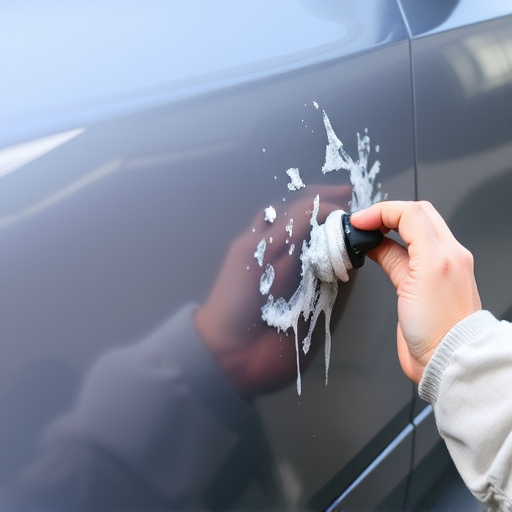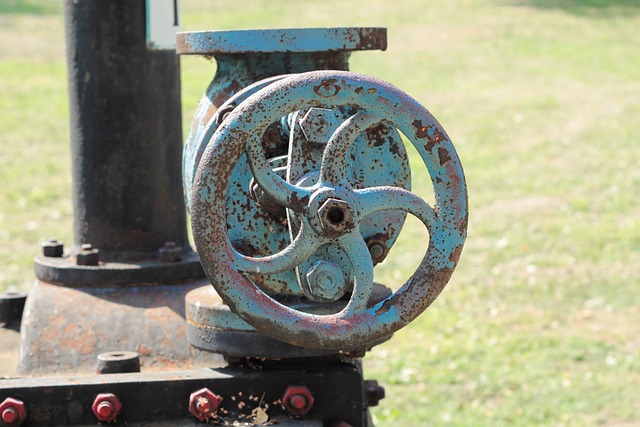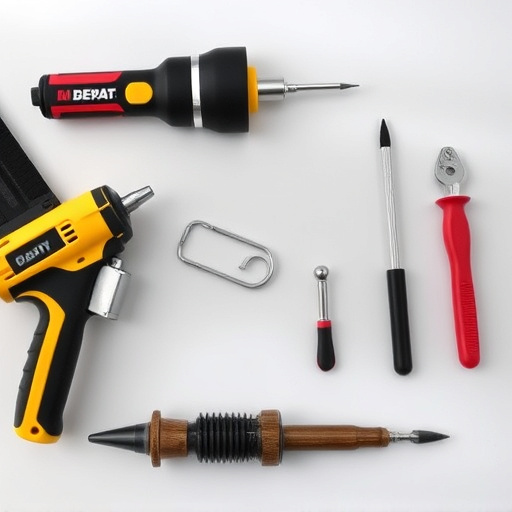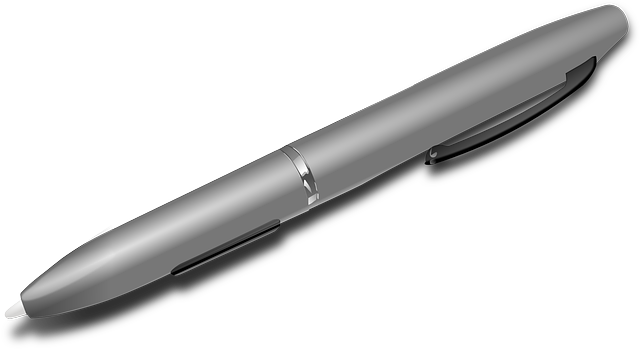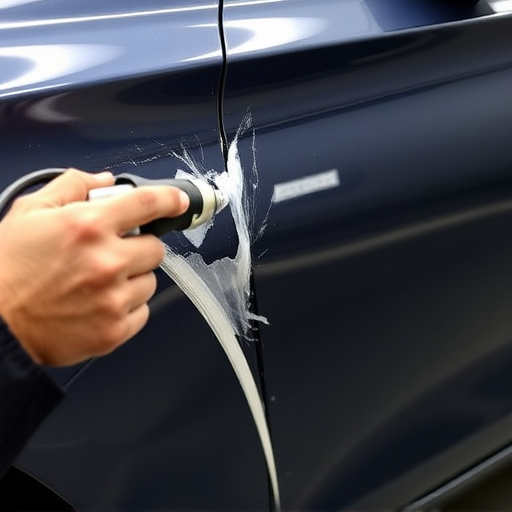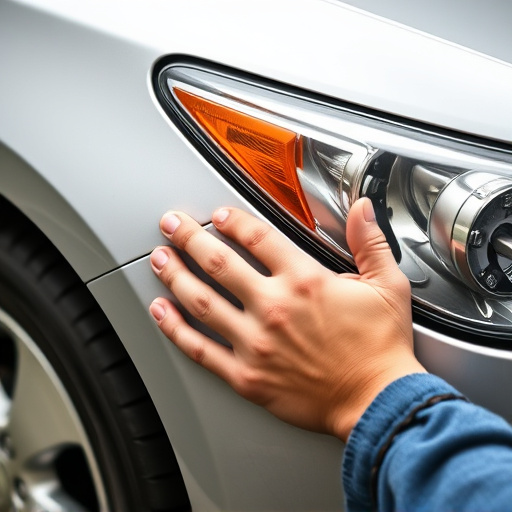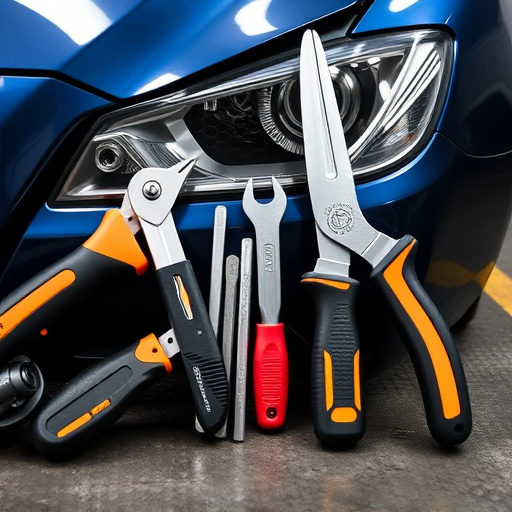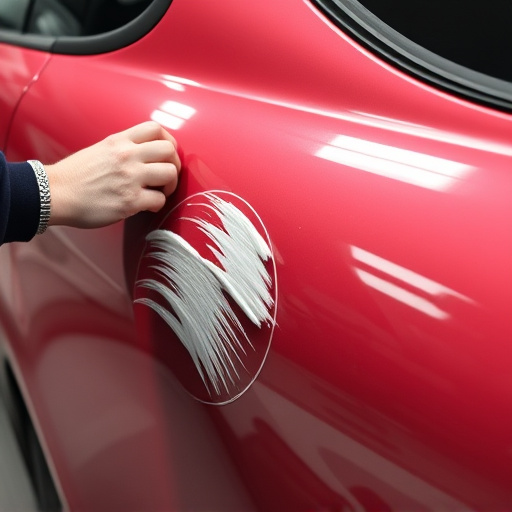After-hours drop-off services meet growing demand for convenient vehicle repair outside standard business hours, benefiting both individual drivers with urgent needs and businesses managing fleets. These services enhance efficiency, minimize downtime, and control costs while maintaining quality, leveraging streamlined workflows, specialized equipment, and staff training to balance customer satisfaction and workflow integrity.
In today’s fast-paced world, understanding the impact of after-hours drop-off services on repair shop operations is crucial. This article delves into the intricacies of catering to customers’ diverse needs outside regular business hours. We explore strategies for optimizing processes to enhance service efficiency while maintaining customer satisfaction. By balancing workflow management and addressing client demands, repair shops can ensure a seamless experience, fostering loyalty and competitive advantage in the market.
- Understanding After-Hours Drop-Off Needs
- Optimizing Processes for Efficient Service
- Balancing Workflow and Customer Satisfaction
Understanding After-Hours Drop-Off Needs

In today’s fast-paced world, many individuals and businesses require convenient and accessible repair services that align with their dynamic schedules. After-hours drop-off plays a pivotal role in catering to this growing demand, especially for those who cannot accommodate traditional working hours. Whether it’s a personal vehicle needing urgent scratch repair or a fleet of commercial vehicles requiring routine maintenance at a collision center, the ability to drop off and pick up vehicles outside standard business hours is invaluable.
This service extends far beyond convenience, addressing the unique needs of various stakeholders. For instance, fleet repair services often face the challenge of keeping operational costs low while ensuring minimal downtime for their vehicles. After-hours drop-off facilities allow these businesses to streamline their maintenance processes, enhancing overall efficiency and productivity without compromising on quality, including specialized services like scratch repair.
Optimizing Processes for Efficient Service
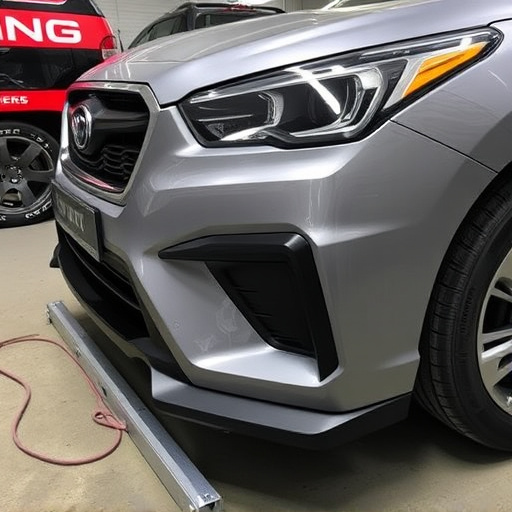
In today’s fast-paced world, many drivers opt for after-hours drop-off services to accommodate their busy schedules and ensure quick access to auto repair. This trend presents a unique challenge for collision centers and auto repair shops—to optimize processes and deliver efficient service around the clock. Implementing streamlined systems and strategies is key to enhancing productivity during off-peak hours, ensuring that every customer receives prompt attention regardless of when they arrive.
By embracing innovative solutions, these facilities can transform their after-hours drop-off operations. This may involve reorganizing work flows, utilizing specialized equipment for car bodywork repairs, and training staff to handle a variety of tasks efficiently. With the right approach, collision centers can become around-the-clock hubs, offering top-quality auto repair services to meet the demands of modern drivers without compromising on service excellence or safety standards.
Balancing Workflow and Customer Satisfaction

In the realm of automotive services, balancing workflow efficiency and customer satisfaction is a delicate act, especially when considering after-hours drop-offs. For repair shops offering extended hours, managing this equilibrium becomes paramount to success. The challenge lies in ensuring prompt service for customers who require urgent repairs while maintaining a smooth workflow that doesn’t compromise the quality of work, particularly in areas like auto glass replacement or collision repair center services.
After-hours drop-off services can significantly impact a shop’s operations, requiring specialized staffing and equipment. Efficient scheduling and trained personnel are essential to meet customer expectations without creating bottlenecks. For instance, a well-organized car body restoration process ensures that each vehicle receives dedicated attention, regardless of the drop-off time, ultimately fostering trust among clients who rely on timely repairs.
After-hours drop-off services play a pivotal role in modern repair shop operations, catering to the diverse needs of customers. By understanding and optimizing these processes, shops can enhance efficiency while maintaining high levels of customer satisfaction. Balancing workflow management with responsive service ensures that businesses thrive in a competitive market, ultimately fostering long-term client relationships.
